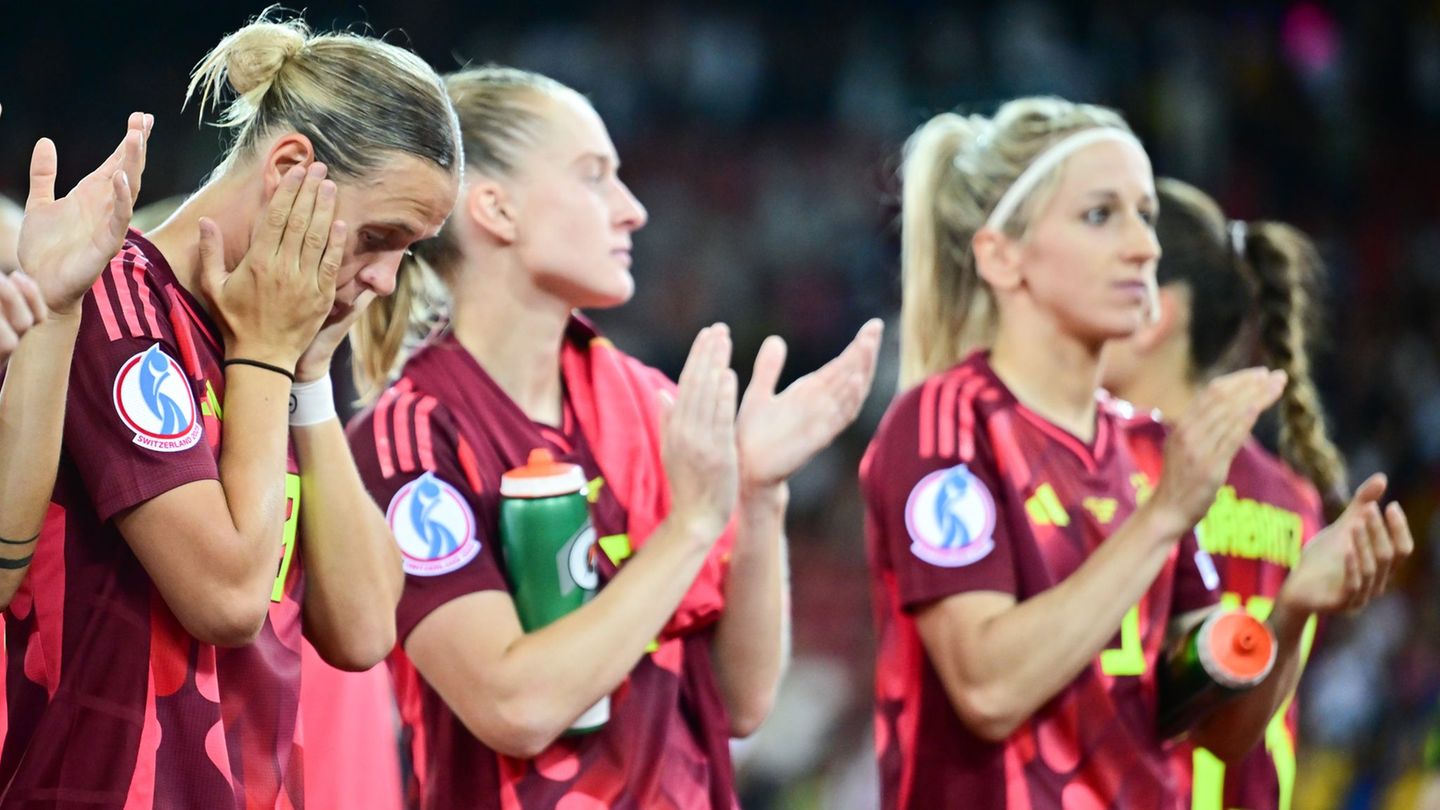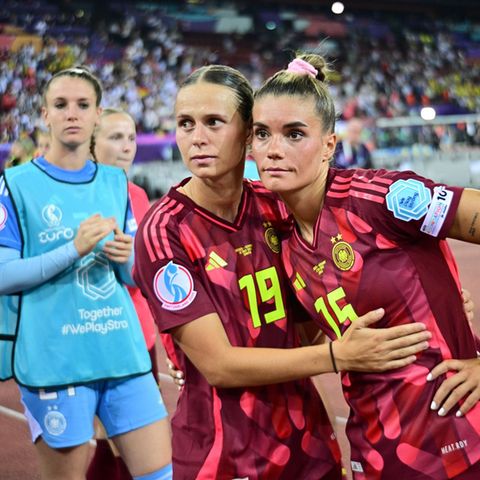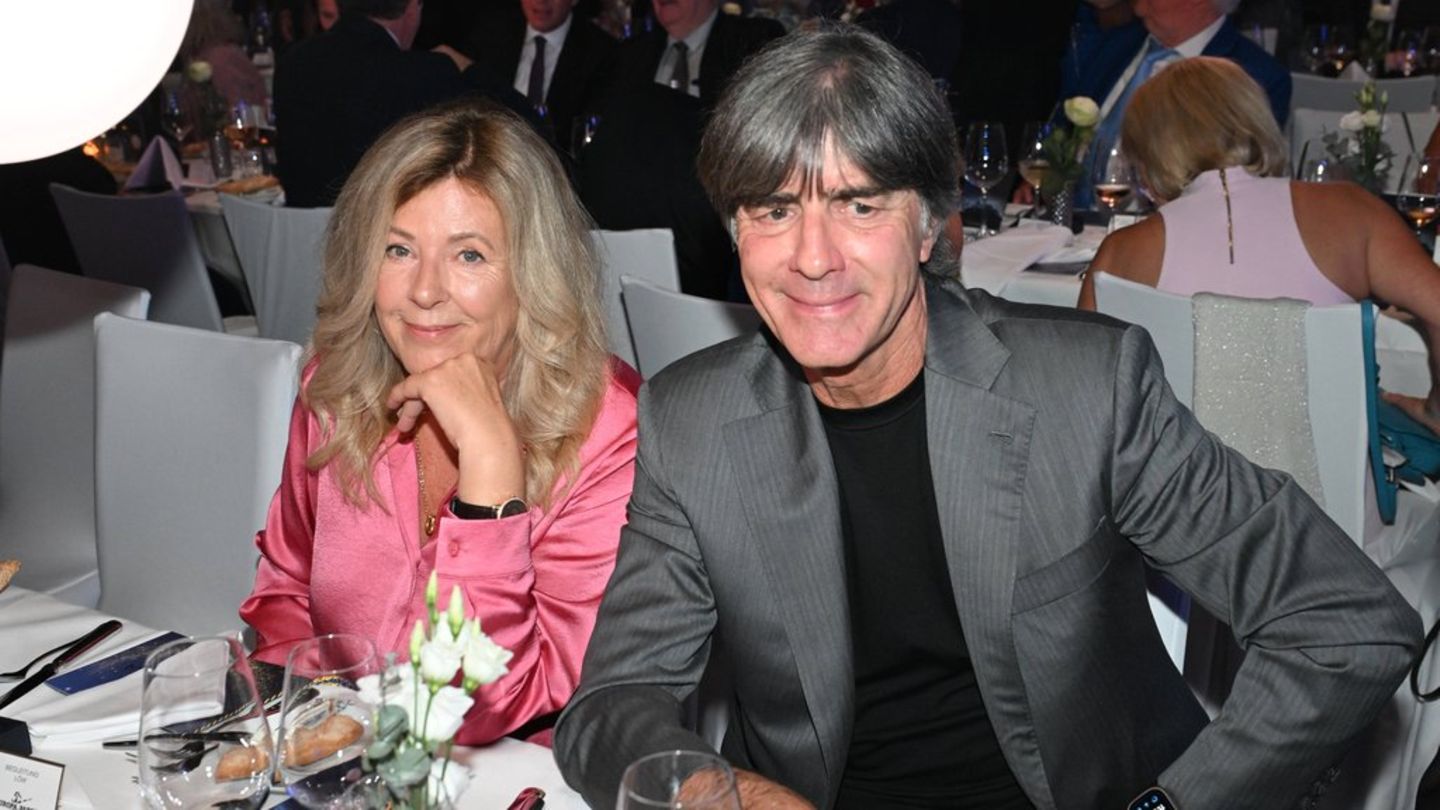As a result of Nazi Germany’s warmongering, the United Nations was founded in 1945. Today, Berlin is an important pillar of the system – with a central task for an uncertain future.
When Germany was confirmed as the newest member of the United Nations by the General Assembly on September 18, 1973 at 5:43 p.m. local time, the diplomats sat down at two tables next to each other in the domed hall on New York’s East River.
Exactly 50 years ago, in a “regulated coexistence”, the GDR and the Federal Republic of Germany became part of the world organization, which was only founded in 1945 because of German warmongering. Germany’s anniversary year at the United Nations reflects the transformation from enemy to friend of the international order.
Finding a name with calculation
Actually, the Federal Republic should have sat further away from the representatives of the GDR on that sunny and windy Tuesday half a century ago. But the “Federal Republic of Germany” changed its name to “Germany, Federal Republic of” – with calculation: “The Federal Republic did not want to give the impression that the first mention of the name Germany was a privilege of the GDR,” explains history professor Manuel Fröhlich from the University of Trier, who wrote an essay on German UN history.
Almost 30 years after the Second World War, the event marked Germany’s final return to the global community, with the division of the world into West and East becoming visible in the juxtaposition of German diplomats in the General Assembly.
“It was obvious that the two were sitting next to each other, just as they were geographically next to each other in the middle of Europe,” says expert Fröhlich. For the Federal Republic, the German-German admission to the United Nations was not without risk, as there were voices who believed that accession would jeopardize progress towards reunification against the background of the long-held claim to exclusive representation.
Milestone for the GDR
But just a few days after the historic accession, Chancellor Willy Brandt made it clear from the world-famous podium of the General Assembly that he did not want to use the stage for arguments with the GDR: “We did not come here to view the United Nations as a wailing wall for Germany’s problems or to make demands that cannot be met here anyway.
For the GDR, in turn, official admission to the United Nations was a milestone in its global recognition. It has been a thorn in East Berlin’s side for years that the Federal Republic of Germany had a privileged partnership with the UN system before 1973 and was already admitted as an observer in numerous organizations – but not itself.
Fröhlich sees a “great continuity” in Germany’s UN identity; it is still very principle-driven and is based on international law. The fact that navigating these values was not always easy for German representatives was shown, among other things, in the famous meeting of the UN Security Council in which US Secretary of State Colin Powell wanted to convince the world in 2003 that Iraqi ruler Saddam Hussein possessed weapons of mass destruction. Germany’s Foreign Minister Joschka Fischer chaired the committee at the time – and made his skepticism clear.
Guterres: “We count on Germany”
In 2023, the Federal Republic has developed into a central support for UN Secretary General António Guterres: Berlin has become a “champion of the United Nations Charter,” he praises. “We count on Germany as an important partner in our global efforts to build a fairer and more peaceful future for all humanity.”
The UN chief’s trust is also reflected in the fact that Germany has been entrusted with planning a milestone meeting next year: The “Future Summit” in autumn 2024 is expected to lay the foundation for a comprehensive realignment of the UN. The current German ambassador Antje Leendertse is responsible for the summit – the first woman in the New York executive chair.
Leendertse says international diplomacy and the UN system must change. Based on the term “turning point” coined by Chancellor Olaf Scholz, she sees a “global turning point” for cooperation: “We have many fields, for example space, artificial intelligence or digitalization, for which there are no binding rules or regulations there is only one code of conduct.” But the biggest change is needed in dealing with developing countries in Africa, Latin America and Asia. “It’s about more participation and rights for the so-called Global South,” says Leendertse.
Hourglass raised eyebrows
However, former UN Ambassador Christoph Heusgen also noticed how difficult it is to de-encrust the United Nations and its institutions. When the current head of the Munich Security Conference took over the presidency of the Security Council in April 2019, Germany, as a non-permanent member of the most powerful UN body at the time, raised eyebrows with a few innovations.
Heusgen placed an hourglass on the table to remind the representatives that they only had five minutes to speak. He also opened the hall’s heavy curtains and let in the light. “I wanted to bring more light and, in a figurative sense, more transparency into the committee. With these symbolic measures, we wanted to make it clear to the outside world that we are committed and that we want to modernize the Security Council,” says Heusgen. But that didn’t have a lasting effect: the curtains are closed again – and the hourglass has also disappeared.
Source: Stern
I have been working in the news industry for over 6 years, first as a reporter and now as an editor. I have covered politics extensively, and my work has appeared in major newspapers and online news outlets around the world. In addition to my writing, I also contribute regularly to 24 Hours World.




